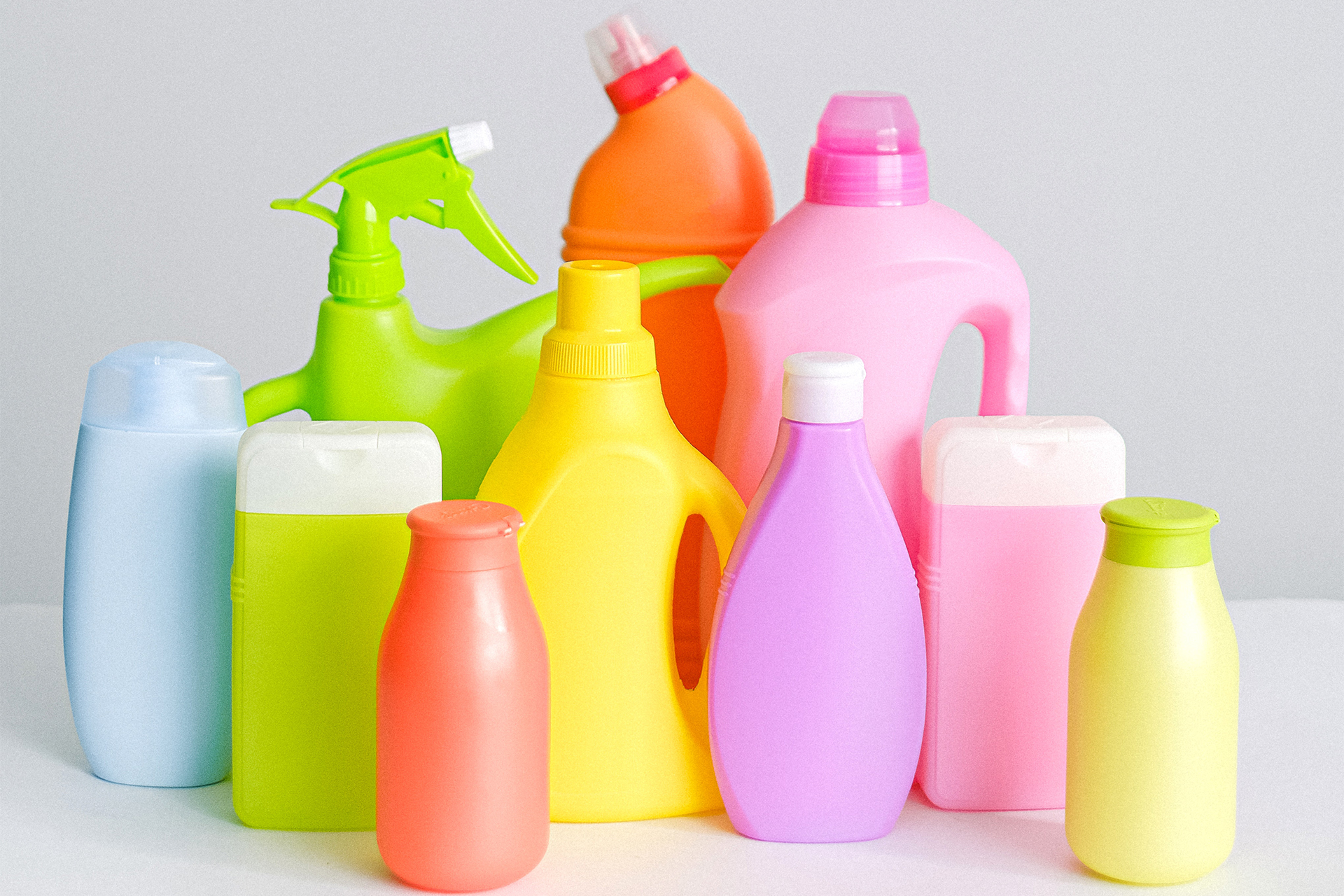Phthalates found in plastic (pexels)
An American study published on Wednesday found that one in 10 premature births in the United States is linked to a pregnant woman’s exposure to phthalate chemical compounds found in plastics, cosmetics, and paint. The study also touched on the collective cost of this phenomenon.
Phthalates are chemicals used in the plastics and paint industries. These materials are found in many industries, from children's toys, to food containers, clothing, cosmetics, personal care products, detergents, and solvents.
According to the US Centers for Disease Control and Prevention, these materials are used to make plastic materials more durable, and are transmitted to humans through eating food that has come into contact with these materials or inhaling particles of the material carried in the air.
In the study, published in The Lancet Planetary Health, researchers analyzed the level of phthalates in the urine of more than 5,000 pregnant women in the United States.
The results found that the 10% of women whose results showed the highest levels of phthalates faced a 50% increased risk of premature birth (i.e. giving birth before the third week of pregnancy) compared to 10% of those whose results showed the lowest levels of chemical compounds.
Speaking to Agence France-Presse, the main author of the study, Dr. Leonardo Trasande from the Langone Medical Center at New York University, said that these chemicals, which disrupt the endocrine glands and metabolism, “may accelerate premature birth.”
In the United States, exposure of pregnant women to phthalates caused about 56,000 premature births in 2018, meaning that about 10% of premature births were due to exposure to this chemical compound.
Phthalates are used everywhere
In addition to the health problems caused by premature birth, researchers analyzed the medical and social costs when caused by exposure to phthalates, and found that they amount to between $1.6 and $8.1 billion.
Although the study was conducted in the United States, Trasande believes that 5 to 10 percent of premature births in most other countries are linked to these chemicals, since phthalates are used everywhere.
Trasandi found that more than three-quarters of exposure to phthalates is caused by the use of plastic.
Realizing the potential danger of phthalates has led some plastic manufacturers to try to replace it with other compounds from the same chemical group. Trasande said that "the most frightening thing" in the new study is that "the alternatives cause more serious effects."
Source: French

